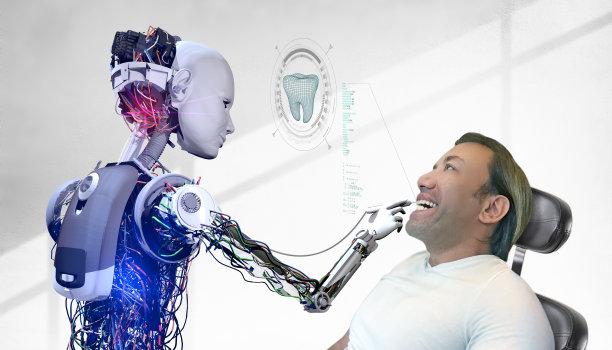The Importance of Extracting a Tooth for Dental Health and Wellbeing in Modern Dentistry Practices
Summary: Tooth extraction, often viewed with apprehension, plays a crucial role in modern dentistry and overall dental health. This article explores the multifaceted importance of extracting teeth, particularly when managing dental issues like decay, overcrowding, and infections. We delve into the role of tooth extraction in improving oral health, enhancing the effectiveness of orthodontic treatments, preventing diseases, and alleviating pain. By understanding these essential aspects, patients can better appreciate why extraction might be necessary and beneficial for their wellbeing in contemporary dental practices.
1. Managing Dental Health Issues

Tooth extraction is primarily a practical solution for managing various dental health issues. When a tooth becomes severely decayed, it can lead to chronic pain and persistent infection, posing risks to both oral and overall health. In such cases, extracting the tooth can effectively eliminate the source of pain and prevent the spread of bacteria to surrounding tissues, which could eventually lead to more serious health complications.
Moreover, teeth affected by advanced periodontal disease can compromise the integrity of adjacent teeth. By removing these compromised teeth, dentists can significantly halt the progression of gum disease and protect the patient’s remaining dentition from further harm. Thus, tooth extraction stands as a necessary preventative measure to maintain dental health.
Additionally, wisdom teeth often need to be removed due to poor positioning or lack of space for proper alignment. Their extraction can prevent overcrowding and facilitate better oral health management, reducing the risk of future dental complications.
2. Facilitating Orthodontic Treatments
In modern dentistry, orthodontic treatments are vital in correcting misaligned teeth and improving overall oral function. Tooth extraction frequently serves as a precursor to these treatments, especially in cases of severe overcrowding. By removing specific teeth, orthodontists can create the necessary space to align the remaining teeth correctly.
This strategic approach not only advances the efficacy of braces or aligners but also enhances the aesthetic outcomes for patients. Each tooth has a unique role, and proper alignment leads to improved bite mechanics, contributing to better chewing function and oral health.
Furthermore, timely tooth extraction can shorten the duration of orthodontic treatment. By addressing overcrowding and alignment issues at the outset, patients can achieve their desired results in a more efficient timeframe, promoting greater satisfaction and compliance with orthodontic procedures.
3. Preventing Future Dental Problems
Preventative dentistry is a cornerstone of modern dental practices, and tooth extraction plays a significant role in this philosophy. By proactively removing teeth that are likely to cause future issues, dentists can help patients avoid more extensive treatments down the line. For instance, extraction can prevent the development of impacted teeth, which can lead to pain, swelling, and the need for more invasive procedures.
Additionally, extracting teeth that are at risk of decay or damage can significantly reduce the likelihood of abscesses or the spread of infection. This proactive stance ensures that patients maintain optimal dental health and minimizes the possibility of developing systemic health issues linked to dental infections, such as cardiovascular problems.
Moreover, tooth extraction is essential for certain patients with compromised immune systems or underlying health conditions. In these cases, extracting problematic teeth can safeguard against infections that might otherwise pose significant health risks.
4. Alleviating Pain and Discomfort
One of the most immediate benefits of tooth extraction is the relief it provides from pain and discomfort. Patients suffering from severe toothaches often find that extraction offers a swift solution to their distress. The removal of the affected tooth alleviates the source of pain, significantly enhancing the patients quality of life.
This relief can lead to improved functionality in daily activities, including eating and speaking, which may have been hindered due to dental pain. Patients can return to enjoying their favorite foods and socializing without the constant burden of dental discomfort.
Moreover, following an extraction, many patients report an improvement in their overall oral health. The removal of problematic teeth often leads to enhanced hygiene practices, as areas that were once difficult to clean become more accessible, allowing for better brushing and flossing habits.
Summary:
The extraction of teeth serves as a vital procedure in modern dentistry, addressing various health issues, facilitating orthodontic treatments, preventing future problems, and relieving pain. Understanding the multifaceted importance of tooth extraction can empower patients to make informed decisions regarding their dental health.
By recognizing the numerous benefits associated with this practice, patients can appreciate that extraction is not merely a removal but a step towards enhanced oral health and wellbeing. Remember, your dental health matters!
This article is compiled by Vickong Dental and the content is for reference only



